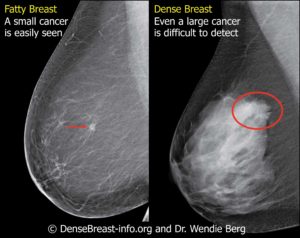
To better understand the technology that BreastDefense is using, a report byAdvaMedDxgives is a very good overview of the molecular diagnostic field.
“The introduction and expanding use of molecular diagnostic tests to detect cancer and manage cancer care mark a major milestone and herald future progress in the fight against this disease – begins the report by AdvaMedDx a trade association that leads the effort to advance medical technology.
Advances in diagnostics technologies and in our fundamental understanding of the mechanisms of cancer at a molecular level are driving the development of new treatments and diagnostic tests.
Molecular diagnostics can assess a person’s risk of developing a disease, determine whether a person is a carrier of a hereditary condition, screen for diseases that are present but not yet symptomatic, provide a diagnosis of existing symptoms, or monitor how a patient is responding to treatments.
The brief report is intended to concisely summarize the complex science underlying the use of molecular diagnostics, particularly genetic tests, and their application in cancer screening, diagnosis, prognosis, treatment selection, and monitoring.
The specific and actionable insights that molecular diagnostics provide at every stage of care make them one of the most dynamic and transformative areas of diagnostics health care. “
